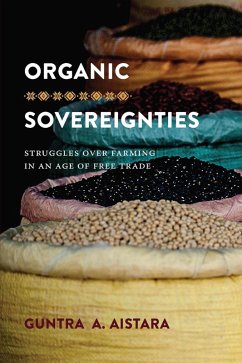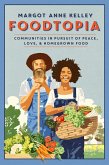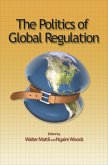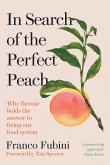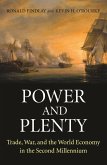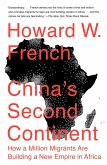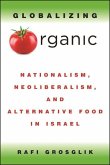This first sustained ethnographic study of organic agriculture outside the United States traces its meanings, practices, and politics in two nations typically considered worlds apart: Latvia and Costa Rica. Situated on the frontiers of the European Union and the United States, these geopolitically and economically in-between places illustrate ways that international treaties have created contradictory pressures for organic farmers.
Organic farmers in both countries build multispecies networks of biological and social diversity and create spaces of sovereignty within state and suprastate governance bodies. Organic associations in Central America and Eastern Europe face parallel challenges in balancing multiple identities as social movements, market sectors, and NGOs while finding their place in regions and nations reshaped by world events.
Organic farmers in both countries build multispecies networks of biological and social diversity and create spaces of sovereignty within state and suprastate governance bodies. Organic associations in Central America and Eastern Europe face parallel challenges in balancing multiple identities as social movements, market sectors, and NGOs while finding their place in regions and nations reshaped by world events.
Dieser Download kann aus rechtlichen Gründen nur mit Rechnungsadresse in A, D ausgeliefert werden.

